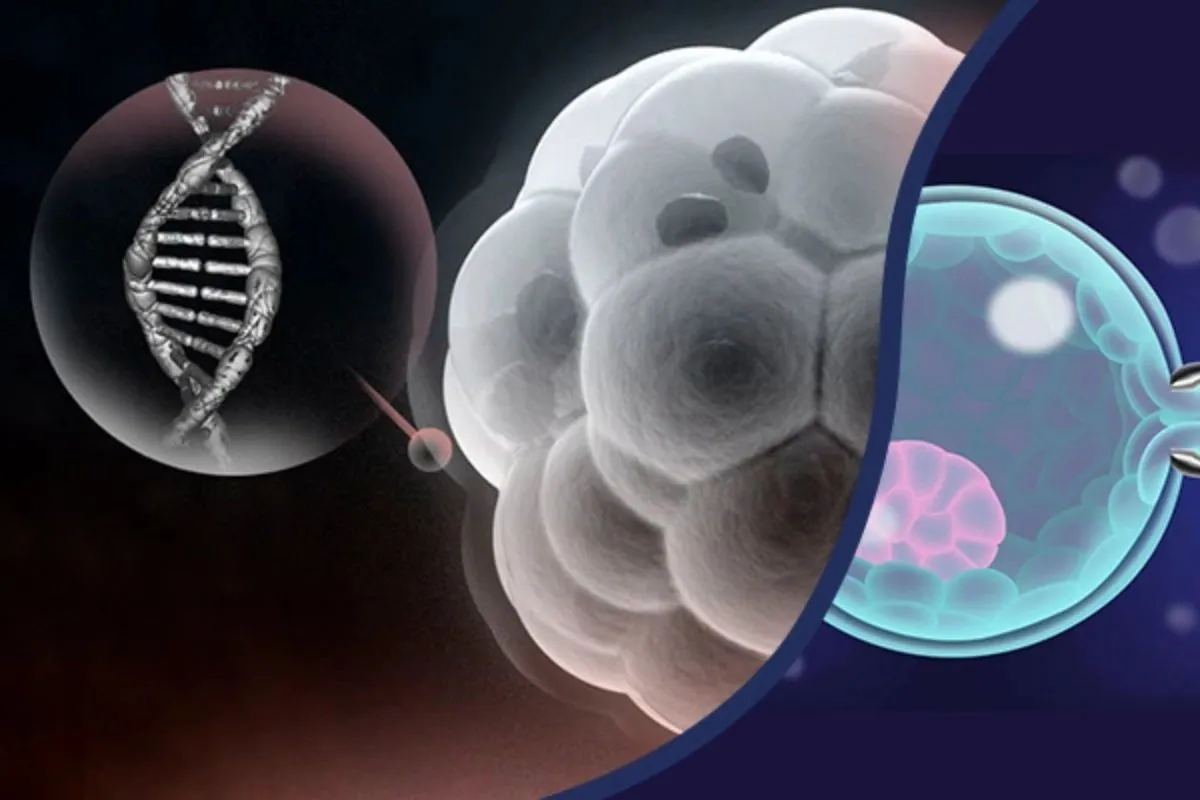PGD & PGS: Empowering Choices at Fertility Point

In recent years, advancements in reproductive technologies have revolutionized the field of assisted reproductive medicine. Among these groundbreaking techniques, Preimplantation Genetic Diagnosis (PGD) and Preimplantation Genetic Screening (PGS) have emerged as powerful tools in the realm of in vitro fertilization (IVF). These techniques offer valuable insights into the genetic health of embryos, empowering couples to make informed decisions and increasing the chances of successful pregnancies. In this article, we will explore the importance of PGD and PGS in IVF clinics and how they are transforming the landscape of assisted reproduction.
One of the primary reasons to consider PGD and PGS in an IVF clinic is to enhance genetic screening of embryos. PGD involves the analysis of embryos for specific genetic disorders or chromosomal abnormalities before they are implanted in the uterus. This technique is particularly valuable for couples who are carriers of genetic disorders, allowing them to choose embryos free from these conditions. PGS, on the other hand, focuses on the screening of embryos for chromosomal abnormalities, such as aneuploidy. By selecting embryos with a normal chromosomal complement, the likelihood of implantation success and a healthy pregnancy is significantly increased.
PGD and PGS enable couples to minimize the risk of passing on genetic diseases to their children. Through genetic screening, potential genetic disorders can be identified in embryos, allowing couples to make informed decisions about which embryos to transfer. This proactive approach reduces the likelihood of conceiving a child affected by a hereditary condition, giving couples peace of mind and increasing the chances of having a healthy baby
PGD and PGS have proven to be instrumental in improving IVF success rates. By selecting embryos with a normal genetic makeup, the chances of successful implantation and ongoing pregnancy are significantly enhanced. These techniques help identify embryos that have the highest potential for successful development, thereby increasing the success rates of IVF treatments. The ability to choose the most viable embryos ultimately saves couples from the emotional and physical toll of unsuccessful implantation attempts.
Genetic abnormalities in embryos are a leading cause of miscarriages during early pregnancy. PGS plays a crucial role in minimizing the risk of miscarriage by identifying embryos with chromosomal abnormalities. By transferring only chromosomally normal embryos, couples can significantly reduce the likelihood of experiencing a miscarriage, offering them a greater chance of achieving a successful pregnancy and the joy of welcoming a healthy baby into their lives.
While the advancements in PGD and PGS have transformed reproductive medicine, it is important to acknowledge the ethical considerations associated with these techniques. Ensuring that couples receive comprehensive counseling and support is essential in navigating the complex decisions related to genetic testing and embryo selection. IVF clinics play a pivotal role in providing ethical guidance and emotional support to couples throughout the entire process, ensuring that they are well-informed and empowered to make choices aligned with their values and beliefs
In conclusion, the availability of Preimplantation Genetic Diagnosis and Preimplantation Genetic Screening at Fertility Point has revolutionized the field of assisted reproductive medicine. These techniques offer couples the opportunity to screen embryos for genetic disorders and chromosomal abnormalities, minimizing the risk of passing on genetic diseases and increasing the chances of successful pregnancies. By enhancing genetic screening, improving IVF success rates, and reducing the risk of miscarriage, PGD and PGS empower couples to make informed decisions and fulfill their dreams of having a healthy baby. Book your appointment at Fertility Point by calling +254792111222 for the PGD/PGS testing
